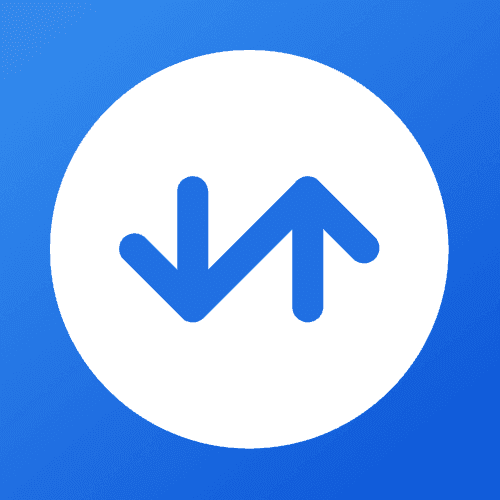About Transak
Transak is a London-based company specializing in Web3 payments infrastructure, designed to simplify the process of buying and selling cryptocurrencies using fiat currencies, with strong support for the Euro. Founded in 2019, it provides a regulated fiat-to-crypto (on-ramp) and crypto-to-fiat (off-ramp) gateway, facilitating transactions through credit/debit cards, SEPA bank transfers, Apple Pay, and Google Pay.
Transak’s core offering is its ease of integration: wallets, dApps, and exchanges can embed Transak’s APIs and widgets to give users the ability to purchase or sell crypto directly within those platforms, eliminating the need to set up accounts on major centralized exchanges. The service covers a broad range of cryptocurrencies (including BTC, ETH, USDT, and others) and supports over 160 countries globally, with robust coverage across the Eurozone.
For compliance, Transak holds EU and UK money service licenses and enforces strict KYC and AML protocols, aligning with European regulatory requirements. Users can expect a familiar, Euro-friendly experience, particularly through SEPA bank transfers, which are fast and cost-effective for residents in the EEA, UK, and Switzerland. Transparent pricing, responsive customer support, and comprehensive documentation further underpin the platform’s professional approach.
In summary, Transak acts as a regulated, user-friendly bridge between traditional banking and crypto, especially for Europeans seeking seamless, secure fiat-crypto transactions and direct integration within popular crypto platforms.
Pro's of using Transak
- Seamless Euro Integration: Fully supports SEPA bank transfers and Euro payments, making it especially convenient for users in the Eurozone.
- Easy dApp and Wallet Integration: Embedded in leading wallets and DeFi applications, enabling direct in-app buy/sell experiences.
- Regulatory Compliance: Operates under EU and UK licenses with full KYC/AML procedures, offering strong consumer protections.
- Wide Range of Supported Assets and Payment Methods: Supports leading cryptocurrencies and multiple payment options including cards, bank transfers, and mobile payments.
- Transparent Support and Documentation: Clear information on fees, limits, and processes; prompt, accessible customer service.
Con's of using Transak
- Mandatory KYC: Full identity verification is required for all transactions, which may not suit privacy-focused users.
- Fee Structure: Service and conversion fees can be higher than P2P or bank-native options, particularly for smaller or card-based transactions.
- Bank and Regional Limitations: Some banks or countries within Europe may restrict or delay crypto-related transactions; coverage is not absolutely universal.
- Transaction Limits: Maximum deposit and withdrawal amounts are capped based on KYC level, payment method, and jurisdiction.
- Reliance on Third-Party Integration: Issues with partner wallets or dApps can temporarily affect transactional access or user experience.
